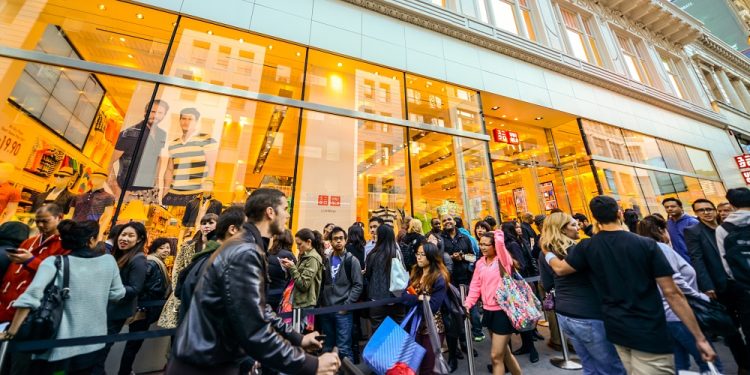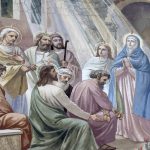
Black Friday
Black Friday is a commercial holiday celebrated the day after Thanksgiving in the United States and is traditionally considered the beginning of the Christmas gift-buying season. On this day, Americans across the country rise at the crack of dawn to be the first in line at various stores and shopping malls to take advantage of the deeply discounted deals offered by these retail outlets.
Although it originated in the U.S., Black Friday has been exported to many different countries around the world, although in these other countries, it may be celebrated on different days than in the United States.
History
The day is called Black Friday because it is the one day of the year when many retailers finally “hit the black,” meaning they have begun to make a profit after being “in the red” all year long. However, the story of the term Black Friday is often considered false by many experts.
While retailers traditionally used a red pen on their ledgers to indicate losses and black ink to indicate gains, this is not how the holiday got its name, although that is what the general public generally believes. When the term Black Friday was originally used, it wasn’t to describe the commercial holiday of today.
No, it was a term used to refer to a specific financial crisis: the collapse of the United States Gold Market on September 24, 1869. This collapse occurred because two stockbrokers tried to corner the gold market to make themselves extremely wealthy.
However, the plan didn’t work, and they ended up sending the Stock Market into a free fall that eventually caused its collapse. Yet, this day isn’t the reason why Black Friday got its name either. For that, you have to dig a little deeper.
Black Friday, the holiday, can be traced back to Philadelphia during the 1950s. Every year, thousands of people would flock to the shopping districts of downtown Philly, originally to prepare to see the football game held between the Army and Navy the Saturday following Thanksgiving.
So many people would show up that the Philadelphia Police Department would have to work extra shifts to deal with the extra crowds and traffic. Eventually, retailers began to offer these potential shoppers special “deals,” which inflated the traffic even further. This led to traffic jams, shoplifting, and sometimes assaults.
As a result, some police officers began to refer to the day as Black Friday—a negative term that stuck almost immediately. Eventually, this tradition was picked up by retailers outside of Philadelphia, and by the 1980s, it had spread to the rest of the country.
It was during this time that retailers invented the “black ink” story to put a more positive spin on the holiday. After all, no one would want to participate in a day with negative connotations of mob violence and larceny. It was a backstory that the American public was more than eager to buy, especially considering it was often accompanied by deals of 50-60% off retail prices.
Myths
One of the most enduring Black Friday myths that circulates every few years is that the holiday was started by Southern plantation owners before the Civil War. According to this myth, which usually gets spread via various conspiracy theory boards, Black Friday was the day on which slave owners could buy discounted slaves, and it was always held the day after Thanksgiving. However, this myth has been thoroughly debunked by historians and has no basis in fact.
Black Friday Traditions & Practices
Today, Black Friday is seen as a relatively harmless holiday. Millions of Americans across the country get to stores by 6 a.m. to get some of the best shopping deals of the year, although some retailers now open their doors to shoppers at midnight. However, the deals aren’t the only reason why the crowds tend to be so large on this day.
It is also because it marks the start of the Christmas shopping season and is also the day on which many employers give their employees the day off. It is also a day off for many state employees in states from Arkansas to Wisconsin.
The media often plays a significant role by featuring non-stop coverage of the crowds and the deals these crowds encounter. This results in hordes of people flooding retail stores, which can occasionally lead to people getting trampled or fights breaking out between shoppers, not to mention traffic jams and other unpleasant conditions.
While this day continues to be a significant holiday in the United States, it is beginning to lose some of its luster. That’s because an ever-increasing number of people are turning away from retail stores and instead turning their attention to online shopping.
This has even resulted in the creation of Cyber Monday, a day that directly competes with Black Friday and may lead to its downfall, although that’s not likely to happen anytime soon.








